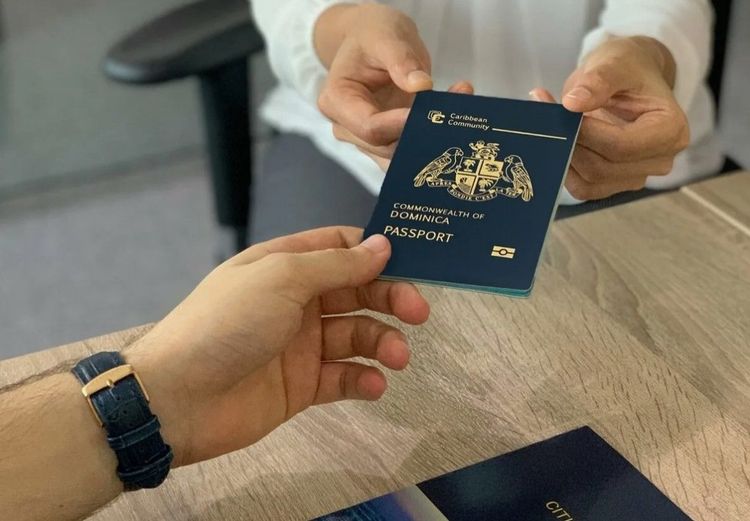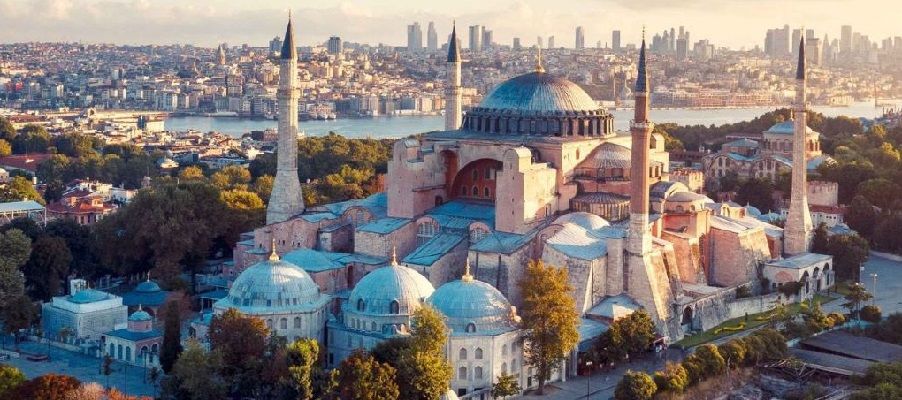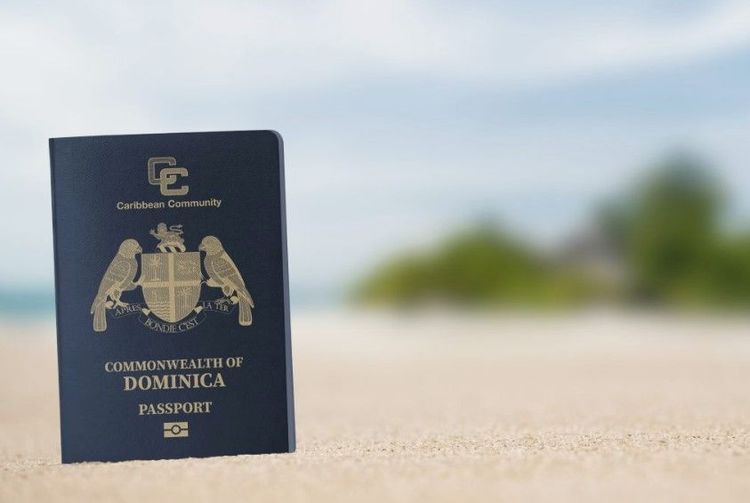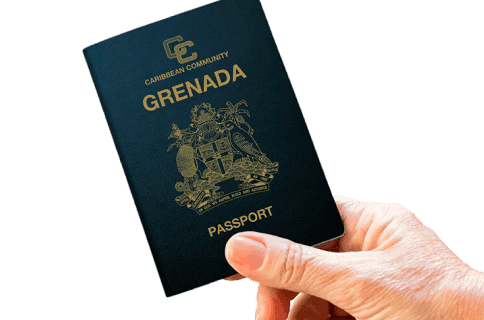From January 6, 2022, participants in the Turkish Citizenship by Investment program will only be able to hold investments in Turkish liras.
Until recently, applicants for Turkish citizenship through an investment program could invest in real estate, bonds or bank deposits in both lira and foreign currency. Now the authorities are stimulating the flow of US dollars, euros and other currencies with a stable exchange rate into the country, so investors are encouraged to deposit the entire amount in foreign currency.
However, when conducting a transaction, conversion into lira cannot be avoided. That is, for example, it will not be possible to come to the bank with dollars in three years and withdraw the same amount in dollars from a foreign currency account: investment deposits will be opened only in liras. However, the program terms remained pegged to the dollar: US $250,000 — for real estate and US $500,000 — for other asset classes.
With the new rules for real estate buyers, the course of the transaction has not changed: previously, the currency was always converted into lira when paying for the purchase, and it is the same now. For those who invest in a bank deposit or government bonds, inflationary risks are higher, since the lira is less stable than the US dollar or euro. In practice, the investor's actions will be supplemented only by the purchase of lira for US $500,000 in a local bank before the transaction is concluded.
The change in rules is due to the desire of the Central Bank of Turkey to increase foreign exchange reserves. Commercial banks will buy foreign currency from foreign investors for Turkish lira, and the Central Bank, in turn, will purchase the same foreign currency from commercial banks.











